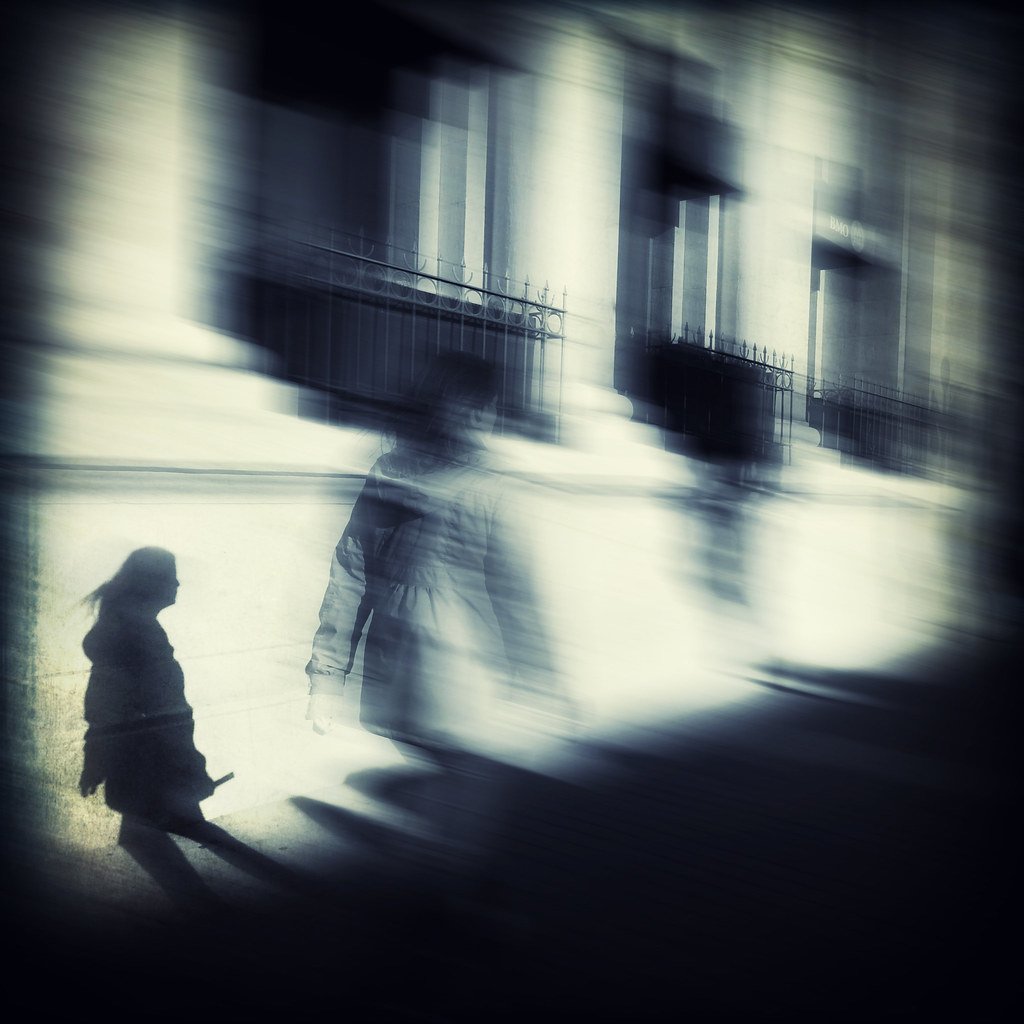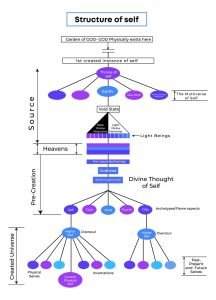Jung believed that the shadow also contains archetypal elements, such as the anima/animus, the wise old man/woman, the hero/villain, etc. These are universal patterns of human experience that can influence our behaviour, emotions, and thoughts.
When we encounter these archetypal aspects of the shadow, we may feel a strong attraction or repulsion, a sense of familiarity or strangeness, a fascination or fear. These reactions indicate that we are confronting something that resonates with our deeper self, but also challenges our conscious ego. We may resist acknowledging these aspects of the shadow because they threaten our sense of identity and morality. For example, we may deny our anima/animus because it contradicts our gender role expectations, or we may reject our hero/villain because it exposes our hidden ambitions or insecurities. By doing so, we limit our potential for growth and integration.
The anima and animus are terms coined by Carl Jung to describe the feminine and masculine aspects of the human psyche, respectively. According to Jung, everyone has both an anima and an animus, regardless of their biological sex or gender identity. The anima and animus represent the unconscious, complementary, and opposite tendencies that influence our behaviour, emotions, and attitudes.
Jung believed that integrating the anima and animus into our concept of self is a crucial step in the process of individuation, which is the development of a unique and authentic personality, it’s a process many have come to know as awakening.
By becoming aware of and reconciling with our inner opposite, we can achieve a more balanced and harmonious state of being. Integrating the anima and animus also allows us to access the collective unconscious, which is the source of universal symbols, archetypes, and wisdom that transcend our personal experience.










Truth of Self › Forums › Our shadow is the last thing that has to be put on top of everything
Tagged: Awakening, carl jung, Individuation, jung